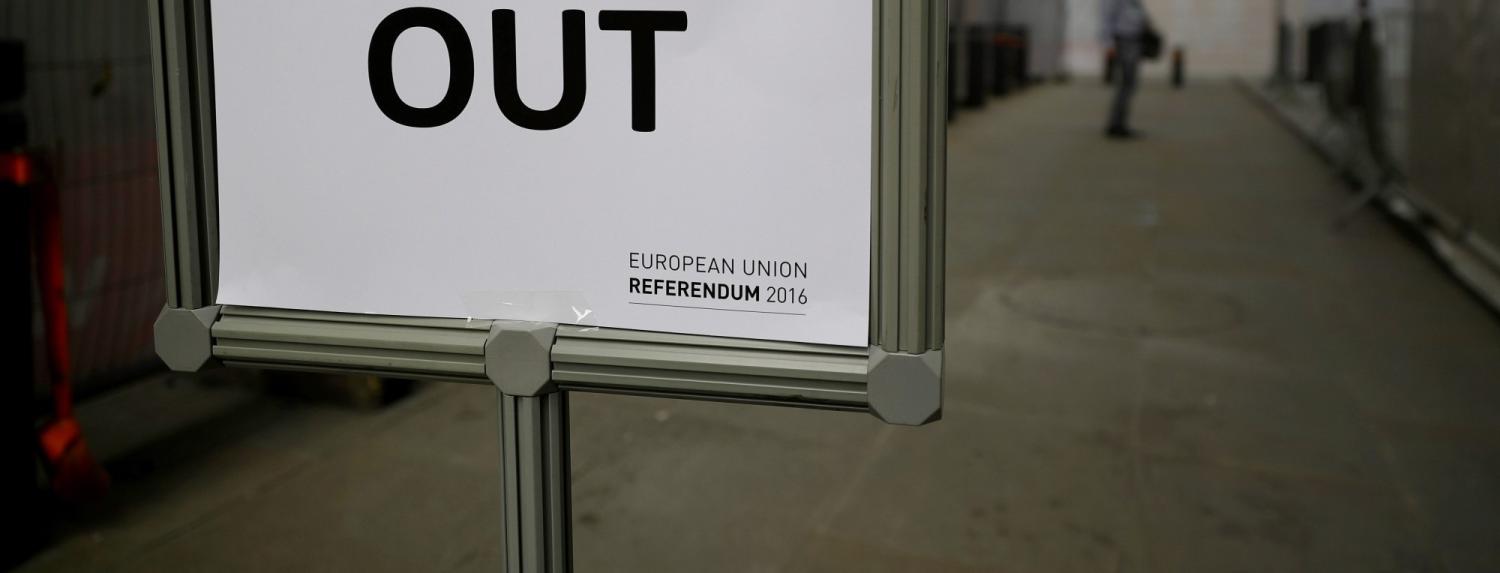A few weeks ago some researchers at Lowy had a lunch. I was asked about the consequences of Brexit for Australia and the global economy. I shrugged my shoulders and said 'Meh'.
So, I was quite surprised by the market moves on Friday. Perhaps I shouldn’t have been. If I had paid attention to the changes in markets prior to the vote, I would have appreciated that this would reverse after the 'Leave' vote came in. Interestingly, by some measures, the moves did not reverse completely: the FTSE 100 was up over the week, although the large global companies in that index presumably would have been helped by the depreciation of the pound.
This was the first time I followed a major market ruction over Twitter and the accuracy of the information was surprisingly high; far better than other high-drama events I’ve followed previously on the platform.
The best market analysis I’ve seen of the event is by former IMF chief economist Olivier Blanchard, now at the Peterson Institute. He had a simple message. What we saw in markets on Friday was a combination of a fundamental shock — the Brexit itself — and an increase in uncertainty.
The referendum result probably would not have warranted such a big fall if markets had a precise picture of what exactly Brexit is. However, we don’t have that picture, and that’s caused some panic. Blanchard has this to say:
If … it looks after a week or two as if no one did anything too stupid, and the central banks appear to have things under control, I would expect risk aversion to slowly decrease, markets and currencies to largely recover, and the fires to be mostly limited to the United Kingdom, and to a lesser extent, the European Union.
That seems about right to me.
There has been some concern that the markets were going to experience some sort of 'Lehman' moment, where financial instability and bankruptcy threatened. William Cline suggested that this is unlikely and Gillian Tett declared that, actually, markets have passed the Brexit stress test so far.
Again, that all rings true.
However, there is another wrinkle here.
Some of the heaviest losses occurred in the more fragile parts of Europe. Italian and Spanish bourses took a big hit, even bigger than in the UK. Larry Summers is worried about 'populist exit contagion', where the success of the Leave campaign could have a domino effect that will lead to further European fragmentation. Wolfgang Münchau claimed that 'Brexit’s consequences will be neutral to moderately negative for the UK but devastating for the EU'.
If you are after a bad global outcome, you could find it easily enough there.
Photo by Christopher Furlong/Getty Images
Save
Save
Save

